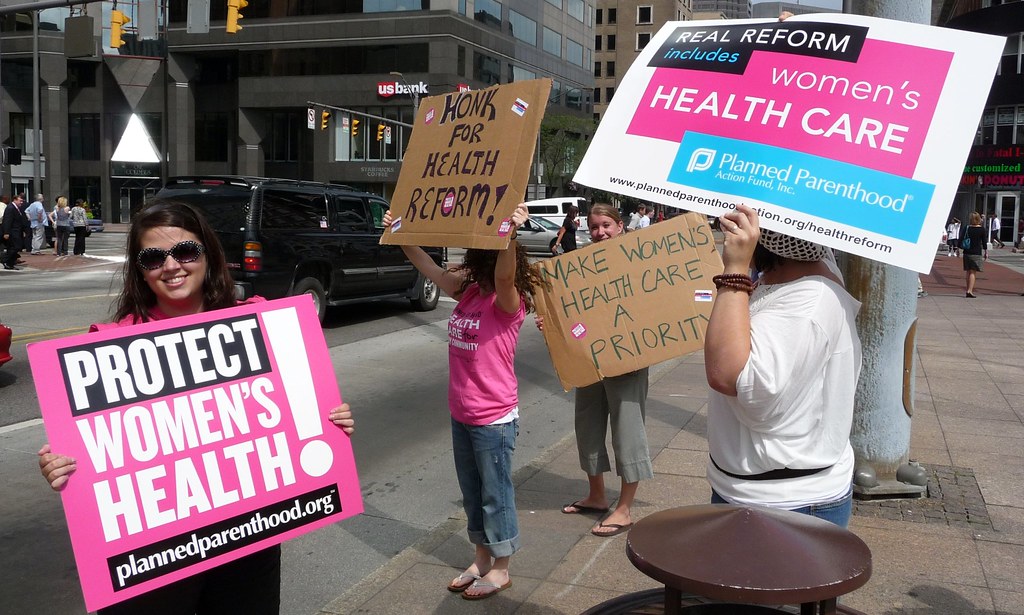
How Online Pharmacies Became Central to Medication Abortion After Dobbs v Jackson
Key Takeaways
- The number of medication abortion (MA) prescriptions fulfilled by an online pharmacy significantly increased after the Dobbs v Jackson decision in June 2022.
- Virtual-only prescribers drove most of the increased demand, demonstrating a major shift towards telehealth for abortion care.
- Most prescriptions were sent to states with supportive abortion policies, with a surge in fulfillment following the Dobbs leak and the final decision.
- Direct-to-patient medication abortion through online pharmacies emerged as a crucial mode of access amid restrictive legislative changes.
Introduction
The Supreme Court’s decision in Dobbs v Jackson Women’s Health Organization in June 2022 overturned the longstanding Roe v. Wade ruling, fundamentally altering abortion access in the United States. In the wake of this decision, online pharmacies have played an increasingly important role in providing access to medication abortion (MA). A recent study published in JAMA Network Open examines how prescription fulfillment trends for MA changed before and after the Dobbs decision, focusing on the role of online pharmacies, the types of prescriber platforms, and the impact of state policy environments.
Impact of Dobbs v Jackson on Medication Abortion Fulfillment
This cross-sectional study analyzed data from an online pharmacy that dispensed MA prescriptions to patients across the U.S. between June 2021 and June 2023. The dataset included over 87,900 fulfilled prescriptions. The results showed a dramatic increase in prescription fulfillment following both the leak of the Dobbs decision in May 2022 and the official ruling in June 2022. For instance, the mean daily fulfilled prescriptions jumped from 84.4 in the week before the leak to 169.6 per day immediately after the decision.
These findings indicate that online pharmacies were instrumental in meeting the increased demand for MA amid significant changes in the abortion policy landscape. The study noted that the most significant spikes occurred right after the Dobbs v Jackson leak and ruling, reflecting a surge in demand from individuals seeking care amid uncertainty regarding the availability of abortion services.
Role of Virtual-Only Prescribers
Throughout the study period, prescriptions from virtual-only platforms accounted for the majority of MA fulfillments. This trend highlights a growing reliance on telehealth services for abortion care, particularly as restrictive policies made in-person services less accessible in many areas. Following the Dobbs decision, virtual-only prescribers saw a significant uptick in the number of prescriptions they sent to the online pharmacy, indicating that virtual care played a critical role in maintaining access.
State Policy Environments and Fulfillment Trends
The study also analyzed fulfillment patterns by state policy environment. States were categorized based on their abortion policy environment: most or very protective, somewhat protective, and somewhat restrictive. The greatest number of prescriptions were sent to states with supportive abortion policies, including states like California, New York, and Illinois. These states saw consistent increases in MA fulfillment rates, particularly following major policy changes triggered by the Dobbs decision.
Interestingly, similar fulfillment trends were noted between Illinois and Colorado, despite differences in their Medicaid coverage for abortion. Both states experienced spikes immediately after the Dobbs decision, with Illinois showing higher overall prescription volumes, possibly due to its higher abortion rate and an increase in patients traveling from more restrictive neighboring states. This suggests that while state policies like Medicaid coverage influence access, telehealth accessibility is a significant driver of MA utilization.
Challenges and Opportunities for Public Health
1. The Rise of Telehealth and Its Implications for Abortion Access
Telehealth emerged as a key facilitator of abortion access in the post-Dobbs era. Virtual-only prescribers and online pharmacies made it possible for patients to obtain necessary medications without having to travel to a clinic, especially in states where abortion became severely restricted or banned. This mode of access has proven essential for ensuring continuity of care, particularly for individuals in rural or otherwise underserved areas.
2. Barriers to Direct-to-Patient Care
Despite the increased role of online pharmacies, barriers remain. Regulatory restrictions, such as the Risk Evaluation and Mitigation Strategy (REMS) requirements for mifepristone, continue to limit the ability of some pharmacies to dispense MA directly. Similarly, there are barriers on the patient side, namely access to these providers given limited broadband internet coverage and potential out of pocket costs due to insurance coverage issues. Removing these barriers could significantly enhance access, especially in states with restrictive abortion policies.
3. The Importance of Supplementary Care
Beyond MA, many fulfilled prescriptions included medications for managing nausea and pain, underscoring the value of comprehensive care. By including these supportive prescriptions, online pharmacies are not only facilitating the procedure but also enhancing patient comfort and quality of care during the process.
Conclusions and Public Health Implications
The findings of this study highlight the increasingly critical role of online pharmacies and virtual-only platforms in providing medication abortion services, particularly in the wake of restrictive legislation such as the Dobbs v Jackson decision. With the sharp increase in prescription fulfillment following this decision, it is evident that direct-to-patient telehealth has become a cornerstone of abortion access in the U.S.
To improve access and equity, public health policies should focus on expanding telehealth capabilities, removing regulatory barriers, and ensuring that online pharmacies can continue to play a pivotal role in reproductive health care. As the landscape of abortion access in the U.S. continues to evolve, the capacity of telehealth and online pharmacy networks to adapt will be essential for safeguarding reproductive rights and ensuring equitable access to care.
The featured image is sourced from Flikr user Progress Ohio.
